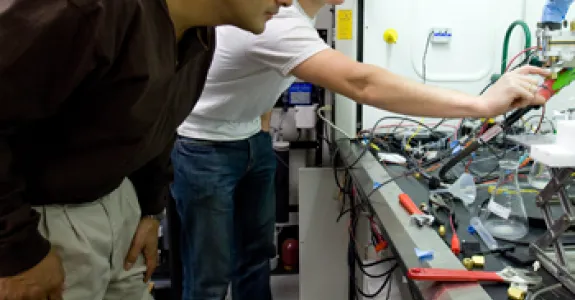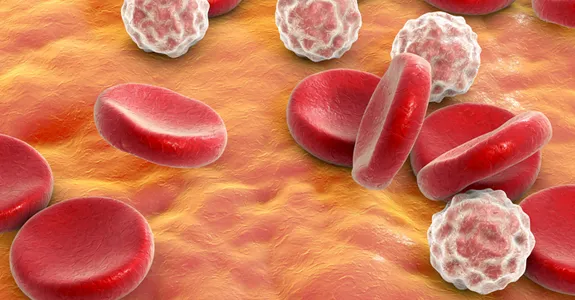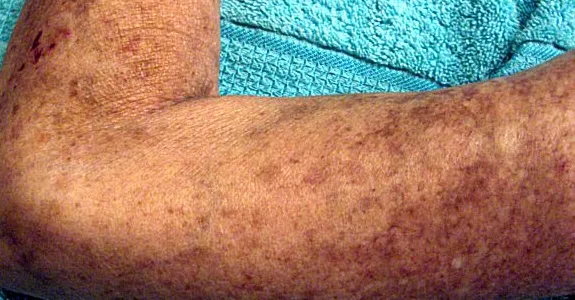
Dr. PJ Utz directs a highly-successful lab of 10-12 scientists at Stanford University School of Medicine. The Utz lab focuses on the normal immune system and how it differs from the immune system of patients with immunodeficiency disorders, infections, and autoimmune diseases.
Autoimmune diseases being studied include:
- systemic lupus erythematosus (SLE)
- rheumatoid arthritis (RA)
- systemic sclerosis (scleroderma)
- myositis
- primary biliary cirrhosis (PBC)
- Sjögren's disease
- insulin dependent diabetes (type I diabetes or IDDM)
- multiple sclerosis (MS)
- inflammatory bowel disease (IBD)
- mixed connective tissue disease (MCTD)
In addition to trying to better understand the pathogenic mechanisms involved in autoimmune and inflammatory diseases, the lab is interested in developing bench-to-bedside technologies, including diagnostics and therapeutics, for human immune diseases. The Utz lab is also active in vaccine biology, both for inducing protective immunity to pathogens and for turning off immune responses in autoimmune diseases.
Dr. PJ Utz is the Director of Stanford’s Autoimmunity Center of Excellence (ACE) and has extensive expertise in coordinating 8 different program project grants over the last 12 years, including Francis Collins’ $41M Accelerating Medicines Partnership in RA/SLE initiative. He founded and directs the Stanford Institutes of Medicine Research (SIMR) Program for high school students, which has hosted ~800 students in labs over 18 years. Dr. Utz is the Director of the Stanford MSTP and recently accepted a role as Stanford Associate Dean for Medical Student Research.













